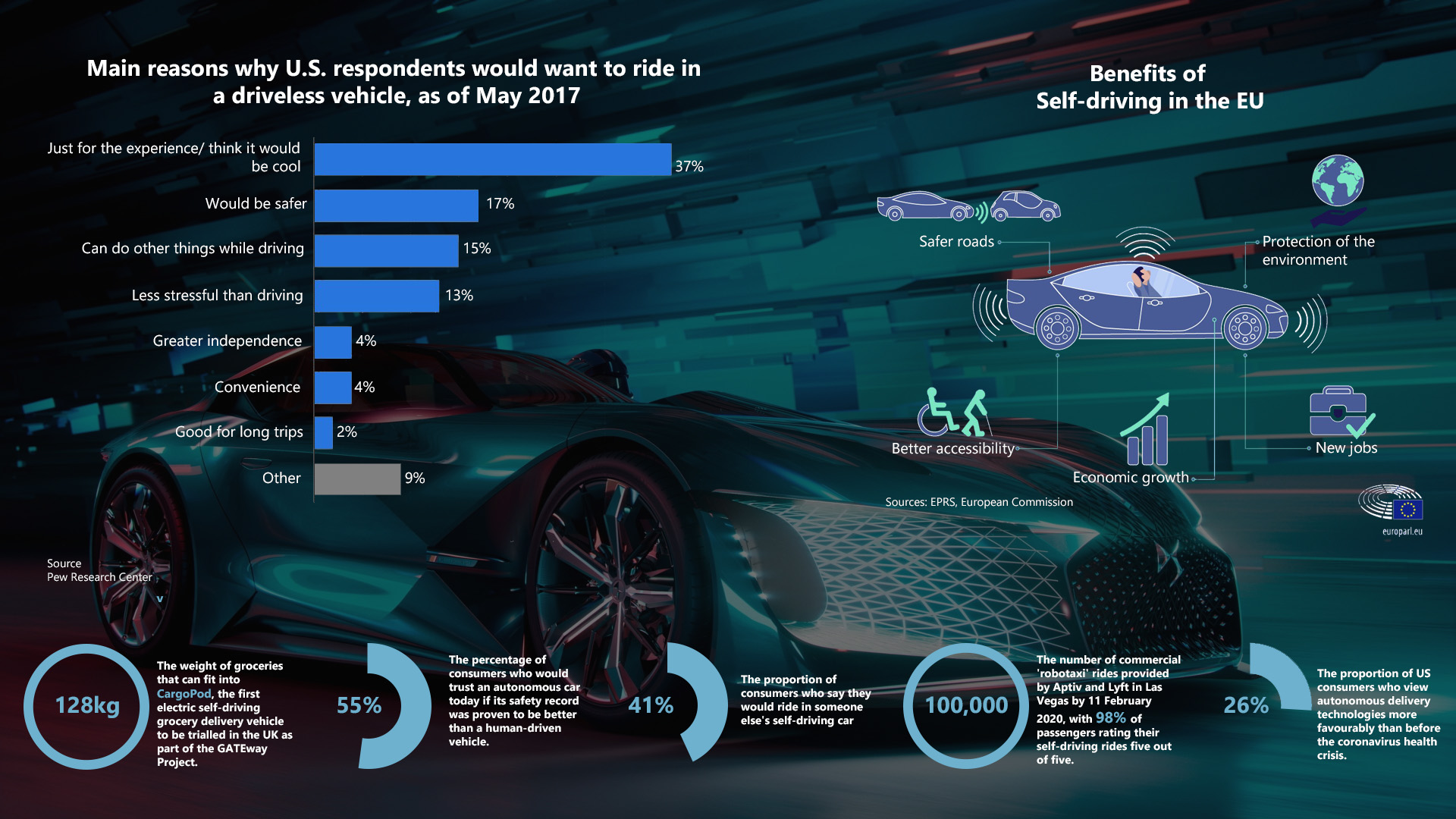During quarantine many people started doing many creative things, one of them was TikTok.
What is TikTok?
TikTok is a social media application, targeting the age group 13-20. The main function is creating and posting short videos from 15 or 60 seconds long, with the content which is creative, educational, funny and emotional. It was established by the Chinese company ByteDance in September 2016.
Why is it so popular?
TikTok is skyrocketing its popularity among generations. It is easy to use and create short videos.
Celebrity endorsements – several celebrities, including Jimmy Fallon, have helped drive TikTok’s popularity
Localized content – the app often runs local contests and challenges and captures local trends using localized hashtags.
https://influencermarketinghub.com/what-is-tiktok/
But most importantly, TikTok is very entertaining, so many people are not posting but only watching. You can find everything you are interested in. TikTok contain:
- Many funny videos to brighten your day
- Dancers and singers so you can enjoy some art (especially during COVID-19 times)
- Educational and craft videos to learn something new
- And much more.
Why is TikTok is so addictive?
TikTok has a special algorithm to chose videos you will enjoy based on your history, likes and followers. Moreover, the app s very easy to use, and you see so many exciting videos, but you never knew what is coming next. Last but not least, the videos are short, compact and brief.

Sources:



